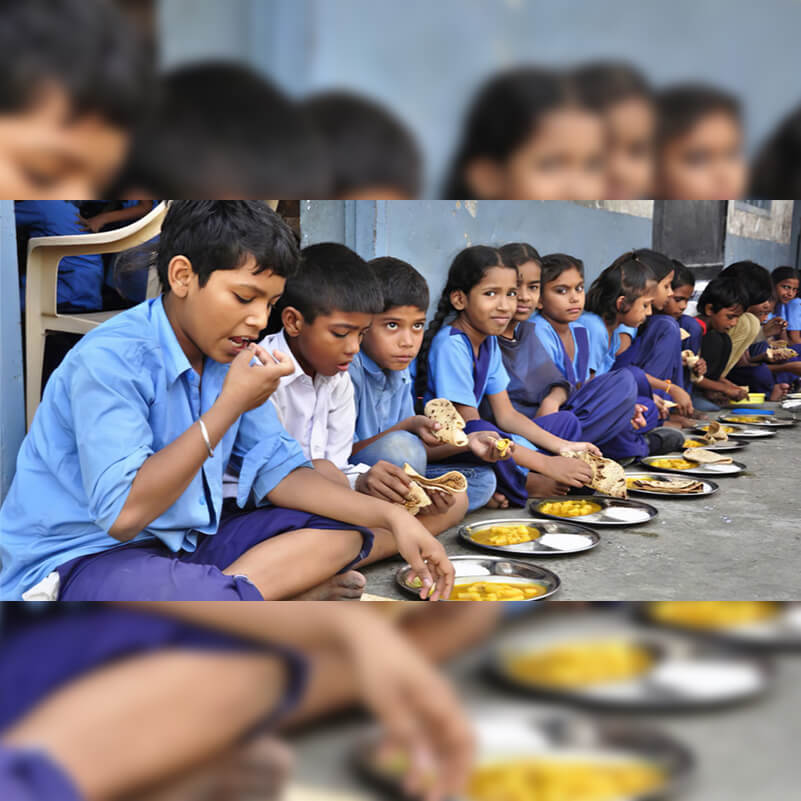Let's travel back in time to the glorious times when there were rivers, lush vegetation, and a constant supply of pure air. Even the fruits and vegetables were grown organically, each home had its own distinctive design, and schools were surrounded by greenery. In all these peaceful corners of our country, education is a treasure. Children are always surrounded by positive and peaceful vibes allowing them to concentrate on their studies more in a joyful manner.
Teaching in rural India is about being a guide, an aid, and a friend to kids who sometimes have limited access to resources. Because these communities are culturally rich and economically varied, teaching here is both an opportunity and a problem. In rural India, a good teacher is like a beacon of light in the darkness, pointing the road to knowledge. They open up a world of possibilities for young brains, to develop hopes and goals. Great teachers help the seeds of knowledge blossom into bright futures in the heart of rural India, where they are sown.
Rural schools often serve a varied student population, with children coming from a variety of socioeconomic backgrounds. Teachers in rural schools must be prepared to handle a wide range of learning needs and styles in their classrooms. Rural schools, in contrast to their urban counterparts, frequently have smaller classrooms, providing a more personal teaching atmosphere. Deeper connections with students, personalized education, and a greater knowledge of individual strengths and weaknesses are all possible as a result. These schools may have inadequate resources, such as outdated texts, restricted technology, and fewer extracurricular activities. Teachers' capacity to adapt and make the most use of available resources becomes critical for effective teaching.
Teachers have particular challenges when teaching in remote locations. One key barrier is a lack of resources, particularly financing and technology. Rural schools frequently have smaller finances, which results in limited classroom materials and antiquated equipment, impeding the delivery of a modern and comprehensive education. Furthermore, due to teacher shortages in these places, educators frequently wear numerous hats, taking on tasks other than teaching, such as mentoring, counseling, and community advocacy. This breadth of responsibility necessitates adaptability and tenacity, as teachers must negotiate not only their pupils' academic needs but also the broader socio economic issues that exist in rural communities.

Child Help Foundation along with Filaantro has always committed towards uplifting the less-fortunate people, especially children. The organization has developed rural schools with better amenities, organized awareness campaigns for parents to send back their children to school and also those kids who couldn’t go to school because of serious health issues. The schools are transformed with better classrooms, advanced technology, skilled teachers, drinking water facilities and washrooms. There are teachers in different schools appointed by the organization, even summer vacation classes were conducted for these children. Child Help Foundation takes the pride that they could educate 4,82,051 children and guide them in leading a better life.
